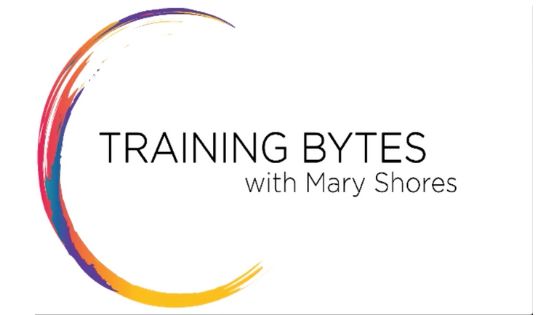It can be tough for a collector to not give up on a collection call when an individual on the other end of the phone says something along the lines of, “I can’t pay this today” or “I don’t want to pay it.” But one of the qualities that separates good collectors from great collectors is the understanding that hearing “I can’t pay this today” does not mean the call is over. Collectors need to distinguish between empathy and leniency and make sure to do all they can to try and work with individuals to find a way to repay their debts.
In this episode of Training Byes, Mary Shores is joined by Jose Castro of Capital Accounts to discuss the transformation that can be seen inside a collection agency when it approaches its training from the right starting point.
“There’s a lot more patience on my end,” Castro said. “That’s one of the things that I’ve learned with this whole program is, I’ve got to be a little bit more patient and let the consumer talk to me a little bit more. So I can pick up the clues from what they’re telling me as to where what steps I need to take next — is the consumer going up the scale of emotions, is consumer going down the scale of emotions, and from there, it really opens up my path on what to say next.”
Capital Accounts has been using the Collection Advantage program taught by Shores for nearly a year now, and the results are significant. Not only are collectors, especially new hires, collecting more money, but the number of complaints has dropped, as have the number of calls that need to be escalated to a supervisor or manager. That extra time that Castro and the other managers and supervisors have allows them to focus more attention on working with collectors to help them even more, creating a positive spiral of production.
“We went from reducing our complaints, reducing our lawsuits to now focusing on how do we bring in more money,” Castro said during the episode.









